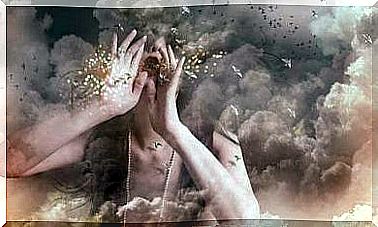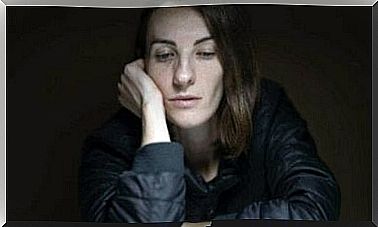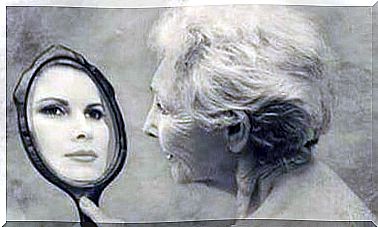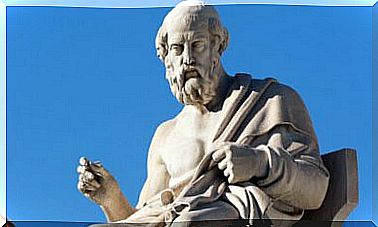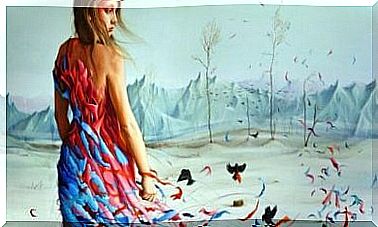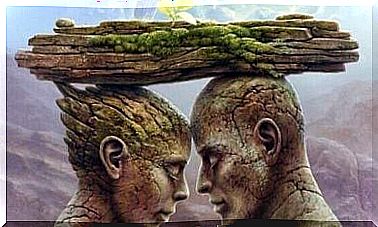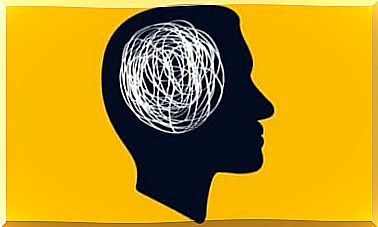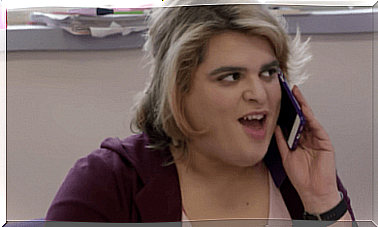Astrology In Psychoanalysis – Carl Jung’s Thoughts
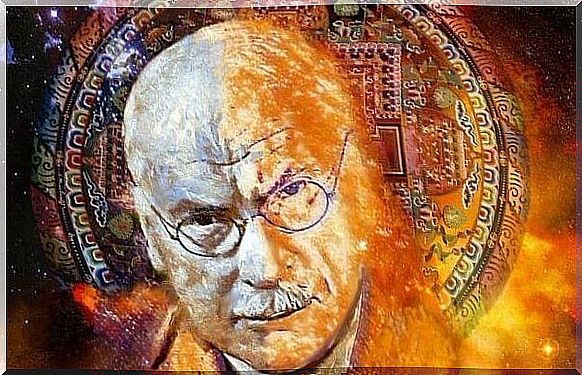
Carl Jung was the one who introduced astrology into psychoanalysis. This Swiss psychoanalyst, Freud’s disciple, dealt with subjects that many considered to be closer to magic than science.
Nevertheless, his hypotheses were deep and interesting. They even managed to become a whole school of thought that still exists today. For Jung, astrology was the summation of all the ancient knowledge of psychology.
Intuitively, the twelve zodiac signs functioned as a compendium of psychic realities. They configured what Jung called “archetypes,” which are psychological patterns or models found in the collective subconscious.
Carl Jung was sure that within every human being there is an innate disposition to be who you really are. And it is not something we acquire, but something we are born with.
This is where we can see the influence of astrology on Jung’s psychoanalysis. Astrologers are sure that there is a tendency to live a certain way from birth.
Jung developed the concept of “synchronicity” in his theory. It is the hypothesis that brings astrology into psychoanalysis.
Synchronicity refers to events that generate a coincidence. They happen at the same time, but are apparently not connected. Like when you think of something unusual, like a bat, and shortly afterwards you see it in the window.
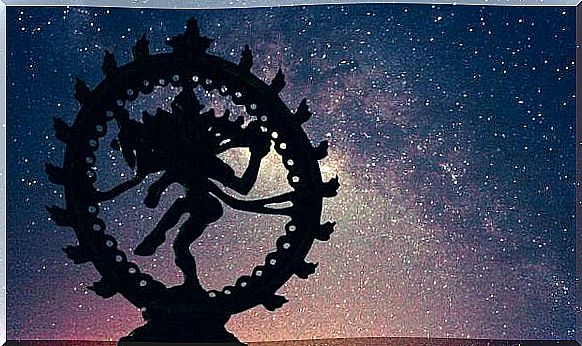
For Jung, these coincidences are subject to certain invisible threads that connect everything. This is in line with the astrological principles.
According to this theory, invisible forces exist that are secreted from the universe. These forces are constantly mixed and give rise to the events that take place in a person’s life.
In this way, the influence of astrology in Jung’s work is clear. An unknown, universal order manifests itself in specific situations.
The movements of the universe lead to concrete events in a person’s life. This may seem somewhat removed from research, but quantum physics has also addressed similar hypotheses.
Jung calls astrology the “intuitive method”. He explained on several occasions that he verified that certain psychological states or specific events correlated with planetary motions. “Especially where Saturn and Uranus were affected,” he explained in a 1954 interview.
Astrologers, in turn, agree with Jung on many points. They insist on the existence of invisible forces that give a special logic to everything that happens.
“The force that moves the sun and the stars is the same force that affects the human soul,” said Spanish astrologer Lluís Gisbert.
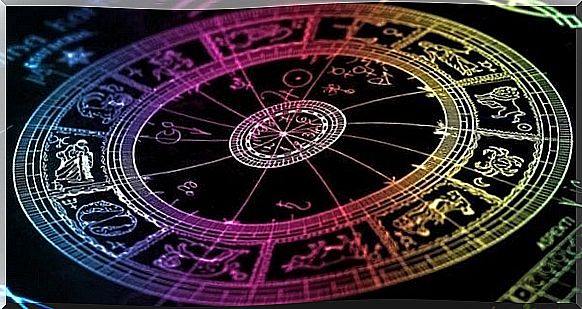
Just as the influence of astrology can be seen in psychoanalysis, the opposite is also true. Many astrologers turn to Jung’s ideas to develop their interpretations.
It is a very special case with Richard Tarnas. This graduate is truly unique: he is a philosopher at Harvard, but also a psychologist and astrologer. He explains that he arrived at astrology after working on Jung’s work. His initial approach was primarily empirical.
He was surprised that the star maps from Galileo, Einstein and Darwin were very similar. He also saw that the same planetary configurations were repeated during a Beethoven concert and Jimi Hendrix’s most amazing performance.
A phrase that sums up his position: “Your psyche is the breathing of the cosmos.”
Almost all psychoanalysts question the influence of astrology on psychoanalysis. They see it as a reduction of fictitious myths and legends that lack credibility.
Classical psychoanalysis is actually based on the idea that humans have control over their destiny; that coincidences do not exist.
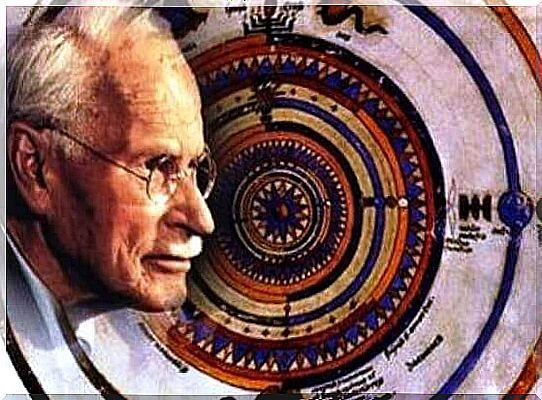
On the other hand, some question the extreme Cartesian rationality that has been forced upon knowledge. They say that there is not one, but many ways of interpreting the truth, and that the rational, scientific truth is only one of them.
They assure us that a new kind of wisdom that challenges rational laws will open up. Let’s see if that is the case…
